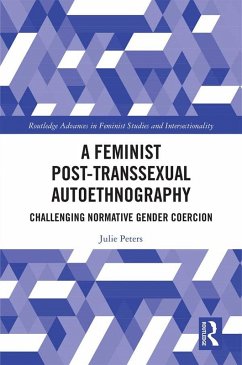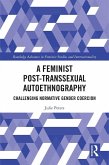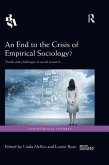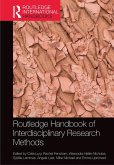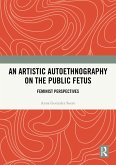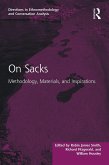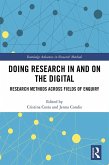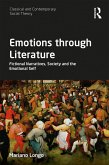A Feminist Post-transsexual Autoethnography attempts to demythologise trans and gender diversity by conducting an in-depth critical analysis of the life choices of the autoethnographic subject (the author), who was so uncomfortable with their culturally allocated masculinity that they chose to live an apparently normal female life. The research is post-transsexual in that the subject forgoes passing in their affirmed gender to ensure the integrity of the data.
A Feminist Post-transsexual Autoethnography may primarily appeal to students and researchers interested in the Sociology of Gender and Sociology of Trans and Gender Diversity, as well as the broader areas of embodiment and power differentials based on gender, class, nationality, location, temporality, sexuality and gender (non)conformity. This insightful volume may also be of interest to those within the fields Health Promotion and Education, Human Rights, Social Justice and Equity or the Social and Cultural Anthropology of Gender.
Dieser Download kann aus rechtlichen Gründen nur mit Rechnungsadresse in A, B, BG, CY, CZ, D, DK, EW, E, FIN, F, GR, HR, H, IRL, I, LT, L, LR, M, NL, PL, P, R, S, SLO, SK ausgeliefert werden.

